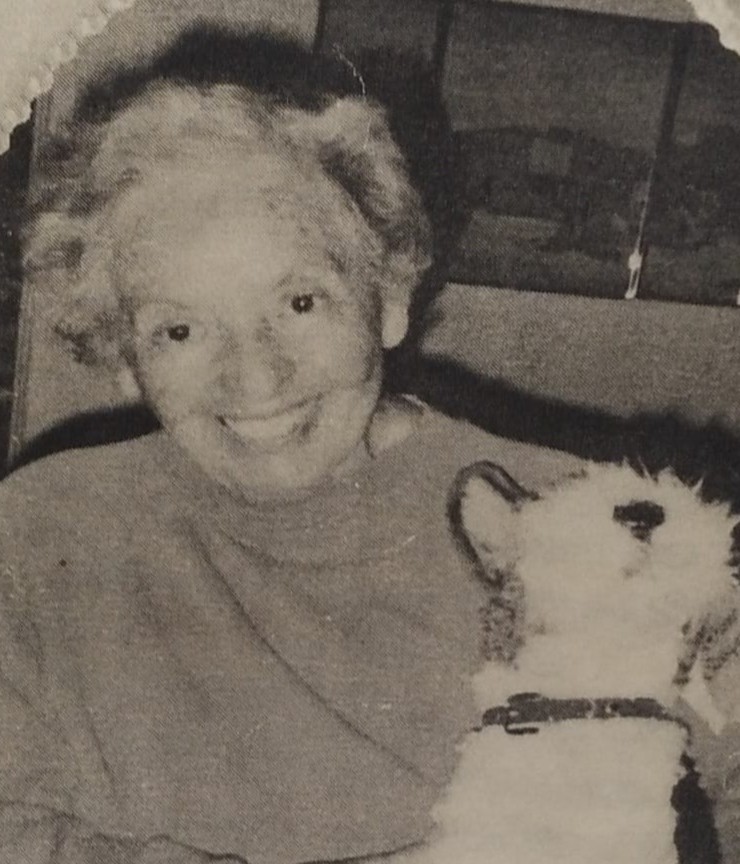
I wanted to retire.
I felt unmotivated to fight.
I knew my clients deserved better. They were facing deportation, a near life-or-death situation, and they needed a warrior.
My passion for law had disappeared.
My mother had passed away.
Fighting my own mental and emotional wounds, I had nothing left over to give to others.
I had lost the will needed to defend immigrants. I lacked inspiration to fight our government one more time.
Or so it seemed
When A Promise Is Not A Promise
I asked my staff assistants to bear with me. I asked them to keep things afloat while I dealt with my own psychological needs.
I asked them to talk to our clients, explain the circumstances, and to seek an extension of time from opposing attorneys and various courts.
I needed time to regroup. I need time to grieve. I needed time to heal.
After many years of pushing against legal obstacles, I was suddenly thrust into no man’s land – a place I had never visited. I was suffering. I questioned whether I’d ever be able to fight again.
Two months passed.
It was late November. My staff reminded me that a San Diego immigration client’s Ninth Circuit appellate brief was due in mid December.
The thought of spending Thanksgiving and Christmas without my mother was almost too much for my soul to bear.
The Washington Department of Justice attorney demanded to talk with me before agreeing to an extension. He wanted to discuss the reasons for my request in more detail. Why, I’ll never know.
My mother had died. Wasn’t that enough?
No other lawyer made such a request.
My client and I had fought his case for over seven years. We started at the immigration court, moved over to the federal district court, back to the immigration court, and up to the Board of Immigration Appeals.
Now we were taking his immigration appeal to the Ninth Circuit Court of Appeals.
My client was a deserving human being. He was caught in the cross-fires of pre and post IIRAIRA immigration reform.
I called my Washington adversary. I explained why I needed more time. Verbally, he agreed to my request for a continuance of sixty days.
I set my return date for the start of the New Year.
A Wounded Return To The Battlefield
Opposing counsel promised to confirm his agreement in writing. I waited. And waited.
And waited.

After two more weeks passed, I asked my staff to call the government attorney about his letter.
They could not reach him. He did not return their calls.
His assistants said they did not know anything about our request.
The filing deadline was getting too close for comfort.
My client had fought long and hard to remain in this country. Even though he approved my sabbatical, I refused to risk a denial of our request for more time by the court.
So I returned to work.
I shut down my office.
I told my staff to take a few days off. I forwarded all calls to the answering service. I needed to avoid interruptions.
I needed to be alone to summon the inner strength to fight for my client.
With only seven days before the filing deadline, I turned on my computer for the first time in months.
I opened my client’s file. I sorted documents. I re-read court transcripts. I studied countless notes from a battle which seemed to span eternity.
Every 10, 15, 30 minutes I would look at my mother’s Identification Card. As I stared at her, I knew what she would tell me.
Still, I couldn’t stop the tears in my eyes or the sadness in my heart.
I was hurt. I was angry.
I knew if I did not get off the mat, I would be quitting on what my mother had taught me.
Slowly, the fire for immigration battle returned.
I wrote and wrote and wrote. I rewrote and rewrote and rewrote.
All along, my mother’s teachings guided me.
My Mother, My Spiritual Guide
My mother believed in fighting for what was right, what was fair, what was just – no matter what the odds.
She had always encouraged me not to give up in the face of adversity. She taught me not to quit just because the going gets tough.
She had demonstrated, over and over again, if there’s a will, there’s a way.
She instilled in me the courage to face and win hard cases.

She wanted me to become an airplane pilot. She shaped me to become a lawyer for less fortunate individuals.
Despite my pain, I knew my mother’s spirit was willing me to fight.
Four days later, I finished.
The DNA Of Deportation Defense
To this day, I don’t know why the government attorney turned his back on me.
Perhaps he rethought his position. Perhaps his supervisor overrode the agreement. Maybe he was just a jerk.
Nonetheless, it was a slap at my client and an insult to my mother.
I learned an important lesson. Immigration law is a take no prisoners war zone.
After Federal Express picked up my brief, I closed the door to my office.
I sat at my desk and reflected on the events of the past week.
I smiled at the thought of responding to my opponent’s false promise.
I cried in peace.
I talked to my mother. She had carried me to the finish line.
I was back.
Compassion, in the view of many immigrant proponents as well as opponents, is just another empty word.
Not for me. I wasn’t raised that way.
Come hell or high water, those who practice immigration law cannot afford to run at the first sign of overwhelming odds.
If defending immigrants is grounded in compassion, there is no retreat button.
Deportation defense DNA is rooted in a spiritual quest for justice.
As Che Guevara once noted, “The true revolutionary is guided by feelings of love.”
Thanks for teaching me that love, mom.
Thanks for making me the lawyer that I am today.
Thank you so very, very much.
By Carlos Batara, Immigration Law, Policy, And Politics





